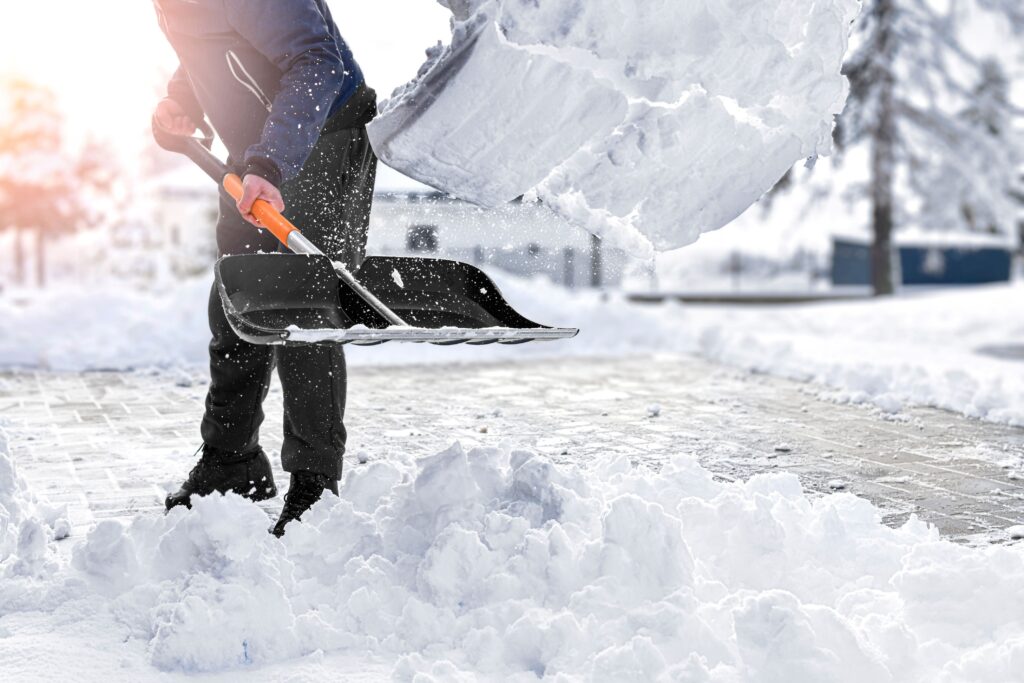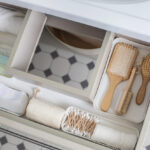
Winter is approaching and so are subfreezing temperatures! No one wants to come home at the end of the long day, eager for a hot shower, only to find that their pipes have frozen. Here are some helpful tips for protecting your home during the coldest months of the year.
- Insulate your home: Taking the extra steps to ensure that your home is free of drafts can help prevent energy and heat loss. This includes replacing weather stripping and caulk around your doors and windows to keep cold air out. Adding insulation to your attic and around pipes, especially those located near exterior walls and in unheated basements, will make your home more energy-efficient and also protect your plumbing.
- Protect your pipes: In addition to insulating your plumbing, it’s a good idea to take some precautions to keep your pipes from freezing during a cold spell. Disconnect and drain garden hoses, shut off the water supply that runs to your outdoor faucet, and cover the spigot with a faucet insulator. Inside of your home, drip both the hot and cold lines to your faucets and open cabinet doors to allow warm air to circulate, paying particular attention to the pipes that run along exterior walls.
- Locate your water shut-off and water meter: In the event that you have a pipe that freezes and bursts, it is important that you immediately shut off the water supply going to your home. Knowing where the shut-off is and how to operate it will save you stress in an emergency situation. Have your plumber’s contact as well as the water department phone number easily accessible in case a water emergency arises.
- Maintain your trees and gutters: Don’t wait until spring to tackle all of your yard work! Full gutters that can’t drain properly can back up and overflow, causing ice to form on your roof when the temperatures drop. Clean gutters of fallen leaves and debris and consider installing gutter guards to slow down accumulation. Additionally, check your property for any trees or branches that could fall on your home, neighboring houses, or power lines, and trim them or hire a tree company to remove them. Not only will this help maintain gutter cleanliness, but it will also prevent damage to the exterior of your home if a snow or ice storm comes through.
- Shovel your driveway and around your foundation: A snowy or icy driveway is not just a safety issue. Did you know that prolonged exposure to snow can be damaging to the structural integrity of your concrete or asphalt driveway? The heavy weight of snow, which can be amplified by compaction from foot or vehicle traffic, can cause your driveway to buckle and crack. You can also help protect your home from water damage by clearing snow away from the foundation before it melts.
- Inspect your chimney and flue: If your home has a wood-burning fireplace, make sure to call a professional to ensure it is clean and safe for use before cozying up to that first fire of the season. Additionally, check that your smoke and carbon monoxide detectors are in good working order.
- Maintain your thermostat: Keeping your home consistently warm in the winter months can help prevent damage to temperature-sensitive items in your house. Keep your thermostat set no lower than 65 degrees and have spare batteries on hand to keep it running. Programmable thermostats can save you the headache of having to closely monitor temperatures during cold spells.
- Update your appliances: An energy-efficient home can keep you warm while also maintaining your budget. Outdated appliances such as old furnaces can drain your bank account trying to keep up with the energy demands that winter brings.
- Change up your routines: If replacing appliances isn’t an affordable option, there are small changes you can make in the transition to winter that can help cut down on energy costs. Switch your ceiling fan rotation to clockwise on a low setting; this will force warm air near the ceiling down. Keep your garage door closed to keep cold air out and protect plumbing. Lower your hot water heater temperature to 120°F to save energy and slow down mineral build up and corrosion. Sometimes, it’s the little things that can make a bigger difference!
- Purchase a generator: You may not realize how much you rely on electricity until you don’t have it. Even most gas appliances rely on electricity to kick-start. Consider purchasing a back-up generator to hook your refrigerator and heating system to if the power goes out. You can do this with drop cords or consult a professional to install a whole-house generator. Never run a gas generator inside the house!
For more tips for keeping your home in tip-top shape, follow us on social media.



